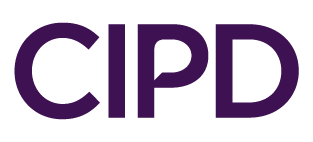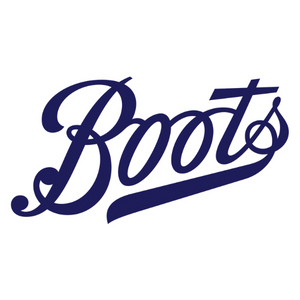

Boots UK
Boots UK
With outlets on most UK high streets as well as a thriving online operation, Boots is arguably the most well-known wellbeing, beauty and pharmacy retailer in the country, racking up millions of customer interactions every week. But after it slipped from 12th place to 99th place in the Institute of Customer Service’s rankings over four years, coupled with a decline in high street sales causing challenging trading conditions during the same period, the firm knew it had to make big changes to stay in business.
After partnering with a customer steering group comprising colleagues from store operations, customer insights, marketing, pharmacy teams and trading, the company’s L&D team analysed a range of data and identified a strong correlation between customer satisfaction, likelihood to recommend the company, and sales, with the data also revealing that it was important for staff to be friendly, helpful and available.
The L&D team first worked with staff to define how each of the elements could translate into their daily work and customer interactions, before designing a training programme comprising theory and practical exercises to bring it to life. A pilot in the company’s Stirling branch in July 2018 saw customer experience measures quickly improve, followed by an equally successful broader pilot in 18 stores the following month.
The HUG model was launched at the business’s stores conference in September 2018, with leaders being briefed on HUG’s potential business impact and how they could use it in their stores. In just a few weeks, 90 per cent of the audience – around 31,000 people – had completed the workbook and online test that accompanied the session.
With customer engagement having increased by 6 per cent by March 2019 and the business seeing a trending improvement in sales, the L&D team sought feedback from learners in developing the next phase of the programme, and HUG2 was launched in September 2019 alongside HUG Beauty, HUG Pharmacy and HUG Christmas, featuring a more blended learning approach and based around empathy and providing a personalised experience, as well as how to look after yourself and other team members.
When the pandemic hit, the team launched an extra HUG module that helped staff focus on keeping themselves and their customers safe. More than 30,000 staff have now completed the module, and it helped put the business top of the Kantar World Panel’s list of 30 retail brands with well-organised measures in place for staff and customer safety.
During 2020, when the company needed to maximise every commercial opportunity amid increasingly uncertain footfall, HUG3 was rolled out across retail, beauty and pharmacy as a 10-minute digital learning module, which in turn helped the business to drive strong Christmas sales performance.
Boots also rolled the HUG model out to its customer service centre, with it helping to deliver improvements in phone and social media responses and reduce turnover from 10 staff per week to one – most of which are now internal moves. Boots also launched HUG in its Opticians business in February 2021.
To welcome customers back to stores as lockdown restrictions eased and help drive loyalty as shopping habits change drastically, Boots launched HUG Inspire in April 2021 to inspire staff to feel proud to work for Boots and in turn inspire customers with the company’s products. This time, the module was delivered in the form of two eZines – one for staff and one for leaders. More than 60 per cent of leaders completed the module just a few days after it launched.
Since HUG’s inception three years ago, it has driven a 13 percentage point increase in Boots’ overall satisfaction and net promoter score, and the company continues to see double-digit year-on-year growth. Customer complaints have also decreased, and compliments have increased. Customer loyalty card data also shows that the company’s most satisfied customers return more often, and customers who experience every stage of HUG typically spend 19 per cent more per transaction.
The judges commended the HUG programme for demonstrating how learning can be aligned to key organisational needs and drive business change, and said it was “excellent” how the programme had evolved over time thanks to feedback and collaboration.